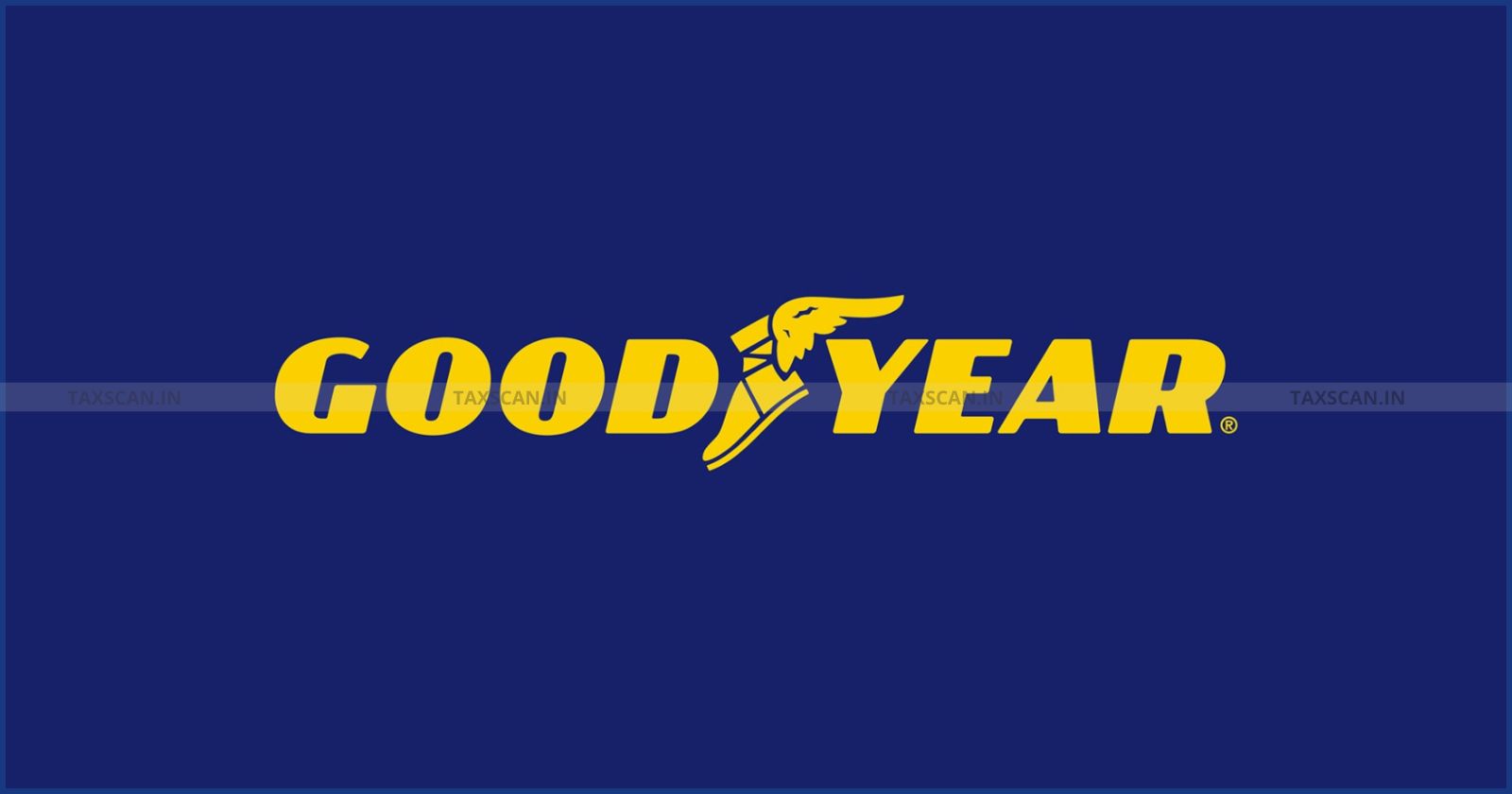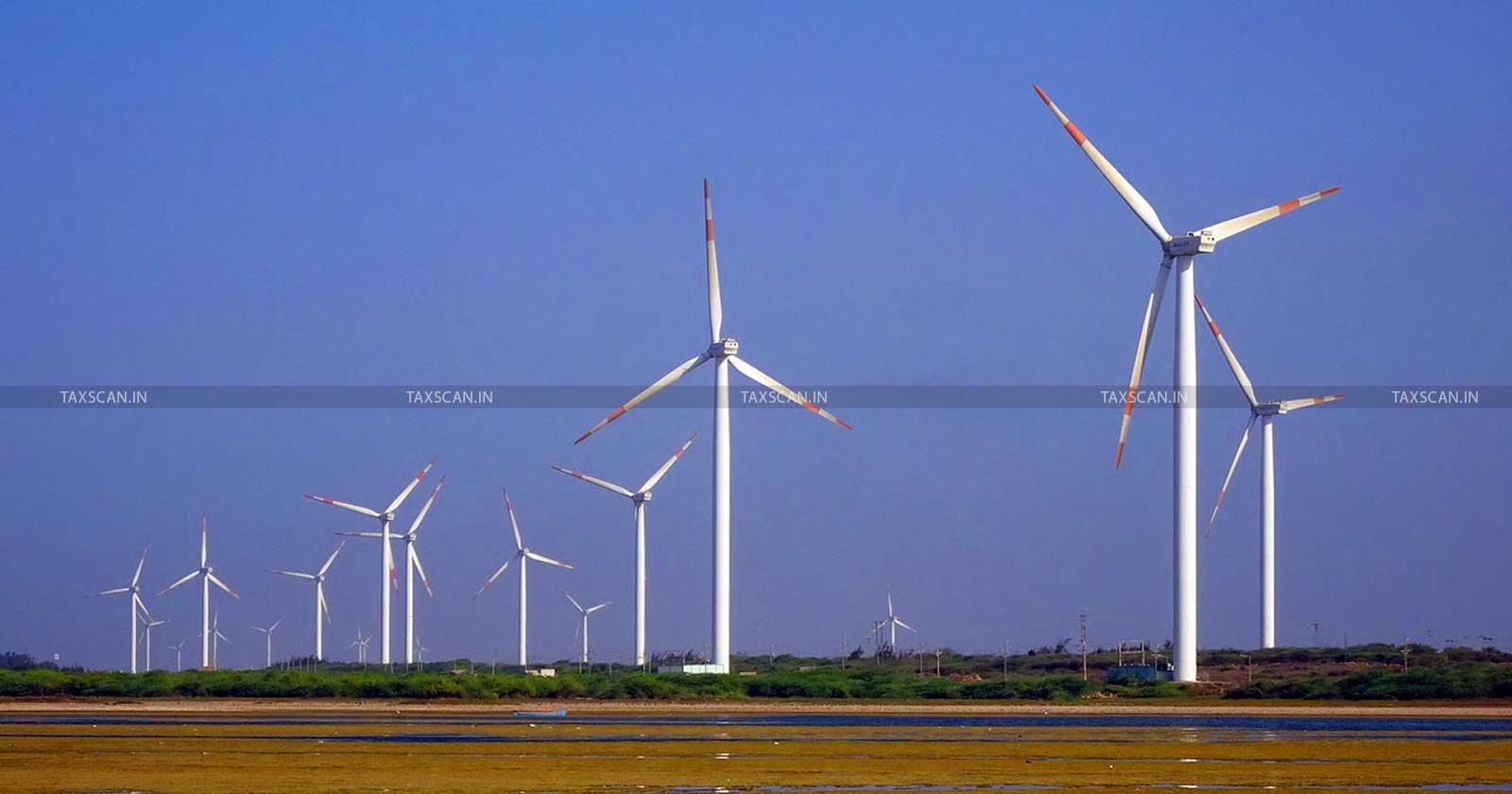CESTAT Classifies RMC Transportation as GTA Service, Rejects Supply of Tangible Goods Tax Demand [Read Order]
CESTAT holds RMC transportation by Namakkal South India Transports as GTA service, quashes tax demand under Supply of Tangible Goods
![CESTAT Classifies RMC Transportation as GTA Service, Rejects Supply of Tangible Goods Tax Demand [Read Order] CESTAT Classifies RMC Transportation as GTA Service, Rejects Supply of Tangible Goods Tax Demand [Read Order]](https://images.taxscan.in/h-upload/2025/06/27/2055288-rmc-cestat-gta-taxscan.webp)
The CESTAT Chennai Bench of the Customs, Excise, and Service Tax Appellate Tribunal (CESTAT) held that services provided in relation to the transportation of Ready Mix Concrete (RMC) are classifiable under Goods Transport Agency (GTA) services and not under the category of Supply of Tangible Goods Services (STGS).
Namakkal South India Transports, the appellant, is a transportation company engaged in supplying RMC vehicles to clients such as Larsen & Toubro and Lafarge. The department alleged that these services involved the supply of tangible goods without transferring ownership and raised a demand of over Rs. 1.68 crore in service tax for the period from May 2008 to March 2012, along with interest and penalties. The department treated the activity as taxable under STGS and invoked the extended period of limitation to support the demand.
The appellant’s counsel argued that their business primarily involved the transportation of goods by road and that their agreements with clients were for transport services, not for hiring or leasing of vehicles. They submitted that the vehicles used were always operated and controlled by the appellant, and not handed over to the client for independent use.
 Also Read:Relief for Goodyear India: CESTAT Rules Services Rendered Outside India by Foreign Agents Not Taxable Under Reverse Charge [Read Order]
Also Read:Relief for Goodyear India: CESTAT Rules Services Rendered Outside India by Foreign Agents Not Taxable Under Reverse Charge [Read Order]
The consideration received was based on the kilometers run, and service tax under GTA had already been discharged by the consignors under reverse charge. The counsel further stated that treating the same transaction under STGS would result in double taxation and that the extended period could not be invoked as there was no intent to evade tax.
The department’s counsel countered that the RMC vehicles were deployed exclusively for use by the clients and remained at their disposal throughout the contract period. It was argued that the work orders covered not just transportation but also elements such as fuel, maintenance, driver wages, repainting of vehicles, and compliance with labor laws, which were consistent with the supply of tangible goods. They explained that the appellant had accounted for the income as hiring charges in their books and had not issued proper consignment notes as required for GTA classification.
 Also Read:No Service Tax on Fabrication of Windmill Parts Covered Under Excise Exemption: CESTAT [Read Order]
Also Read:No Service Tax on Fabrication of Windmill Parts Covered Under Excise Exemption: CESTAT [Read Order]
The two-member bench comprising Judicial Member Ajayan T.V. and Technical Member Vasa Seshagiri Rao observed that the core purpose of the contracts was the transportation of RMC and not the supply of equipment. The vehicles remained under the operational control of the appellant, and the agreements did not transfer possession or effective control to the clients. The tribunal pointed out that the contracts clearly indicated that the service tax liability was on the consignors and that the appellants had issued consignment notes, even if not per consignment, which supported their claim under GTA.
The bench referred to earlier tribunal rulings, including Gunesh Logistics v. CCE, Jaipur-I and Salem District Lorry Owners Association v. Commissioner of GST, which had similarly held that such arrangements fell under GTA services. Based on this, the tribunal concluded that the demand raised under STGS was not sustainable and set it aside in respect of RMC transportation services.
Support our journalism by subscribing to Taxscan premium. Follow us on Telegram for quick updates


